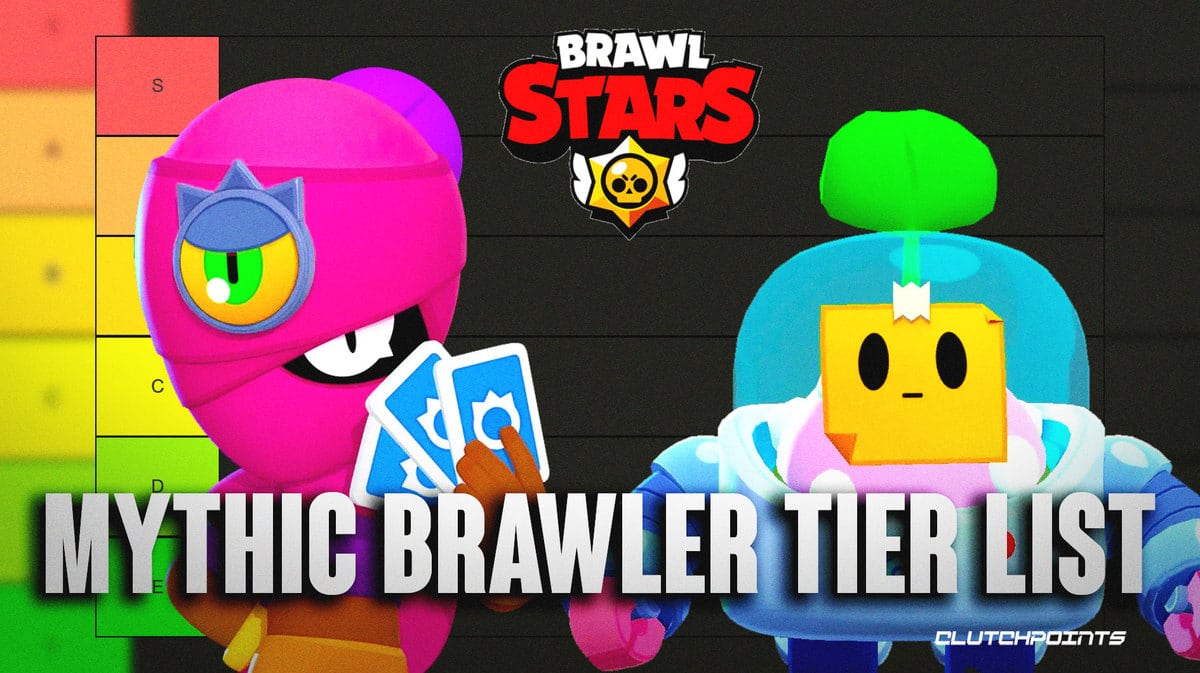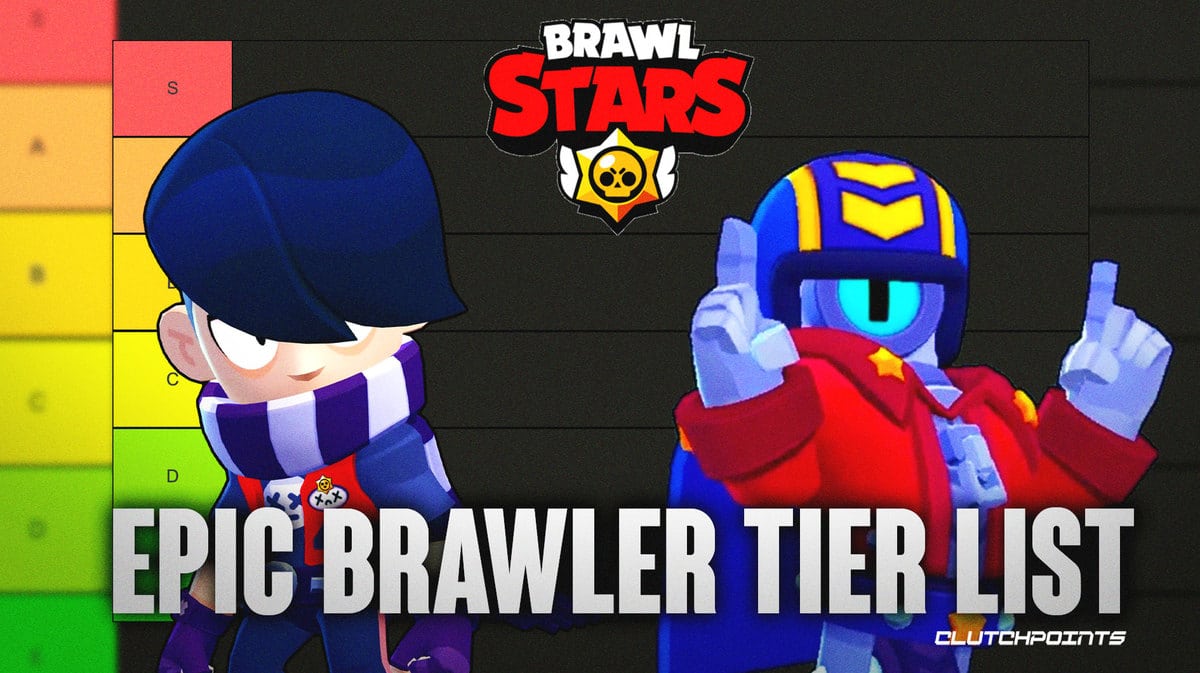In the ongoing Microsoft vs. Sony saga, Microsoft President and Vice-Chairman Brad Smith wrote a column at the Wall Street Journal where he effectively admitted to his company offering Sony a 10-year-deal for Call of Duty.
In the article titled “Microsoft's Activision-Blizzard Acquisition is Good for Gamers,” the Microsoft executive detailed how the Federal Trade Commission will be amiss in suing Microsoft for its acquisition of game development and publishing giant Activision Blizzard.
“The Federal Trade Commission reportedly plans to sue Microsoft to stop our proposed acquisition of Activision Blizzard,” reads the first paragraph of the article. “That would be a huge mistake. It would hurt competition, consumers and thousands of game developers.”
In the article, Smith argues that the acquisition will allow Microsoft to remain competitive through innovation. Smith argues that, since the Xbox is behind the Nintendo Switch and Sony, it's reasonable for Microsoft to seek ways to remain competitive. Microsoft appears to do this by bolstering its online cloud service – Xbox Game Pass – and by providing consumers a service that will allow them to access games from a cloud through multiple devices.
However, Smith argues that Xbox Game Pass cannot truly take off without any strong titles or exclusives that will make the service more appealing to gamers. That's why Microsoft decided to acquire Activision Blizzard.
“To get subscribers to this service, Microsoft needs a full library of popular games and, as things stand, we simply don’t have enough. That’s where the acquisition comes in. Activision Blizzard comes with popular mobile, PC and console games, including “Candy Crush,” “World of Warcraft” and “Call of Duty.”
On top of acquiring new IPs that will make Xbox Game Pass more attractive, the acquisition will also add mobile games to Microsoft's portfolio, an aspect of gaming that Smith admitted Microsoft is way behind on.
The acquisition, however, isn't meant to block Call of Duty, or any other IP for that matter, from being enjoyed by players on other platforms. Smith argues:
“The main supposed potential anticompetitive risk Sony raises is that Microsoft would stop making “Call of Duty” available on the PlayStation. But that would be economically irrational. A vital part of Activision Blizzard’s “Call of Duty” revenue comes from PlayStation game sales. Given the popularity of cross-play, it would also be disastrous to the “Call of Duty” franchise and Xbox itself, alienating millions of gamers.”
But then, it seems like Microsoft would be willing to alienate gamers if Sony refuses to pay up. The priority is money, after all, and Microsoft has tacitly expressed that.
“That’s why we’ve offered Sony a 10-year contract to make each new “Call of Duty” release available on PlayStation the same day it comes to Xbox. We’re open to providing the same commitment to other platforms and making it legally enforceable by regulators in the U.S., U.K. and European Union. Microsoft made a similar commitment to the European Commission when we acquired LinkedIn in 2016, ensuring access to key technologies for competing services.”
That means, had Sony refused, fans of Call of Duty would need to play the game on an Xbox if they want to play the game on Day One. While Microsoft claims that they are open to providing the same commitment to other platforms such as the PlayStation, it will only push through that commitment for the right price. Otherwise, fans would have to blame PlayStation for not shelling out the cash.
This also confirms previous reports that Microsoft offered Sony a ten-year-deal for Sony, right from Microsoft's president himself.
Previously, Activision Blizzard would sell rights to early access to their games to the highest bidder. Historically, the winner has always been Sony, which is why we've almost always seen new Call of Duty games come out a bit earlier for the PlayStation compared to PC and Xbox. Microsoft's acquisition is meant to reverse that, but in a more permanent manner – they are paying Activision Blizzard a one-time fee, i.e., the acquisition – so that the games, by default, will come out first on Xbox. Sony, on the other hand, might have to pay up forever just to keep up.
While the alternative isn't any better, this new system that Microsoft wants to put in place isn't exactly what I'd call consumer-centric. The best-case scenario for gamers is that games will be made available on all platforms at the same time with no extra costs – but that has not been the case for the longest time, even before the acquisition and most definitely not after the acquisition. The corporations are just using consumers to wage their war for them – arguing that the other company will do worse when in fact no side really has consumers on top of their minds.
And also just to compare the sizes of the four companies mentioned in this article, we have these figures as a basis. In 2021, the revenue generated by the four companies is as follows:
Microsoft – $168 billion
Sony – $81.38 billion
Nintendo – $16.53 billion
Activision Blizzard – $8.8 billion
So, the Microsoft vs. Sony saga continues, and it doesn't seem to have any end in sight. Will regulators be able to make the right decision in this case? Will Microsoft's acquisition of Activision Blizzard push through? What will become of Bobby Kotick?




















